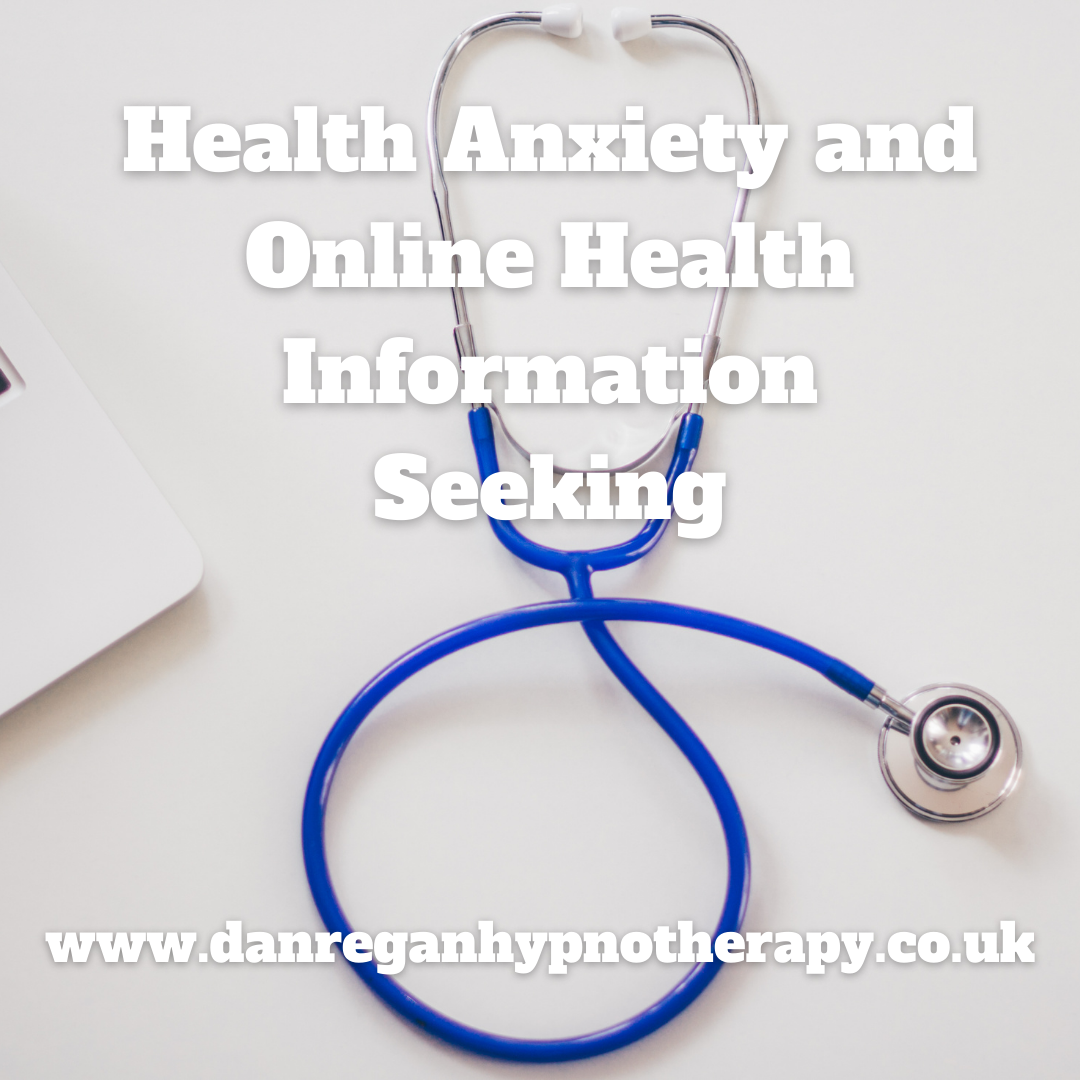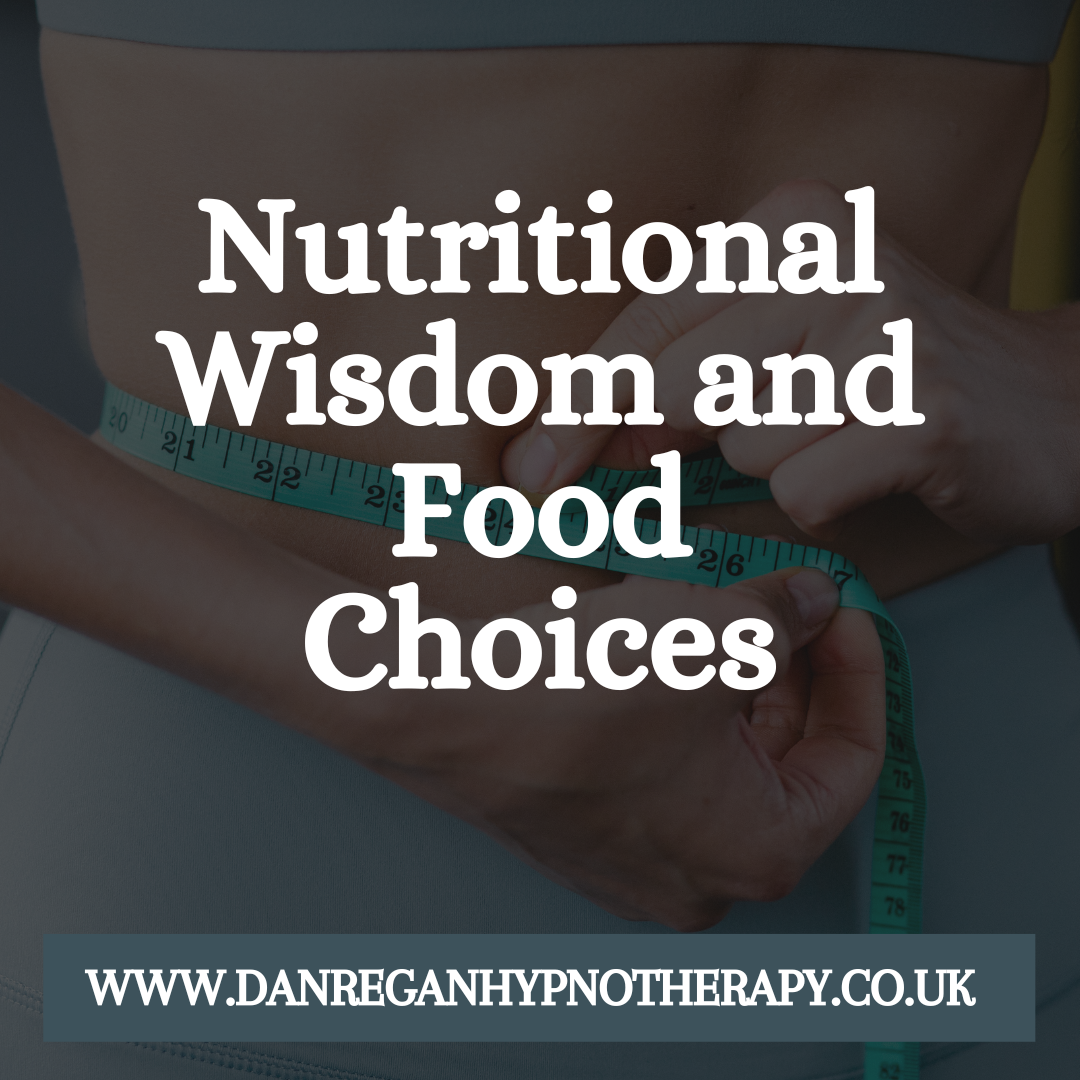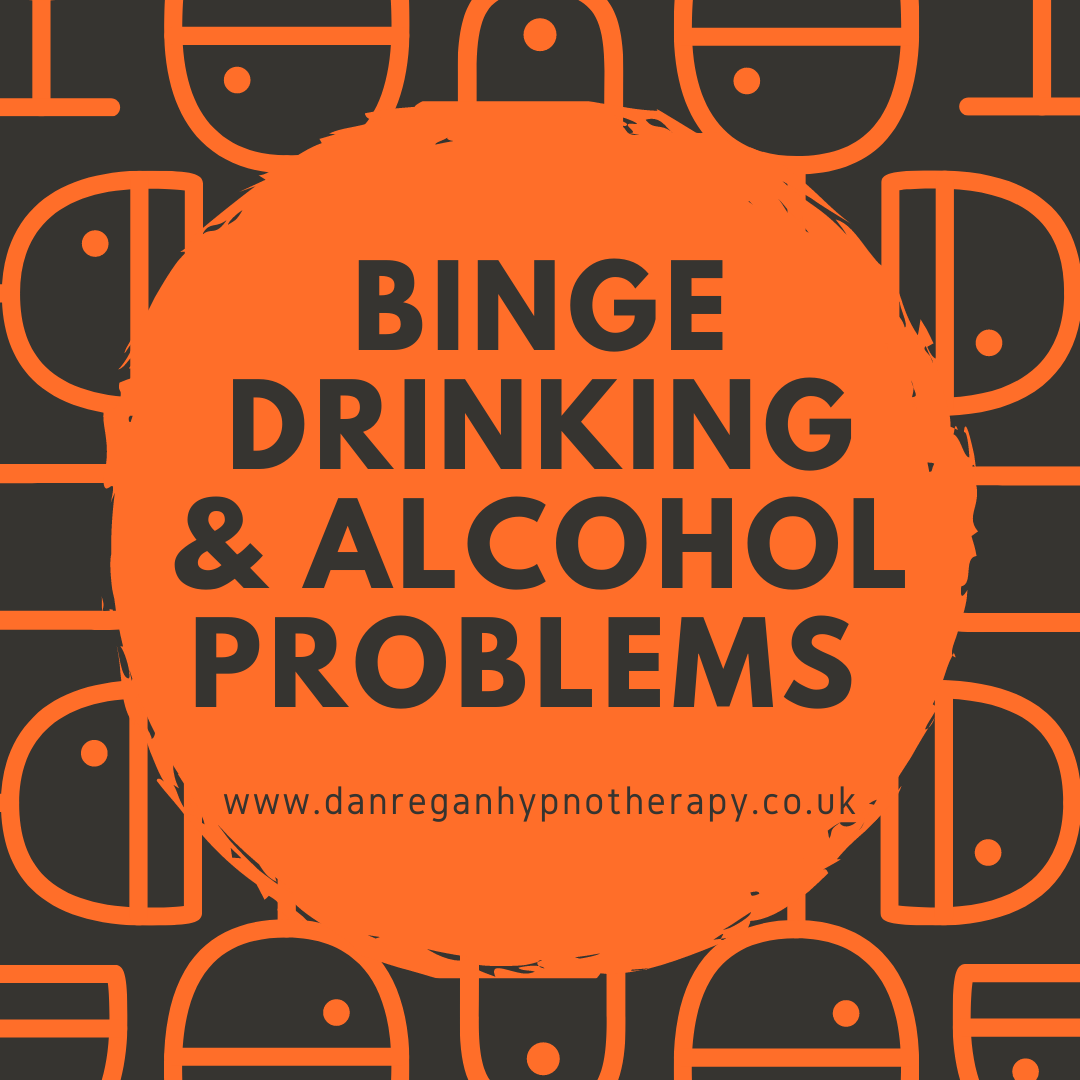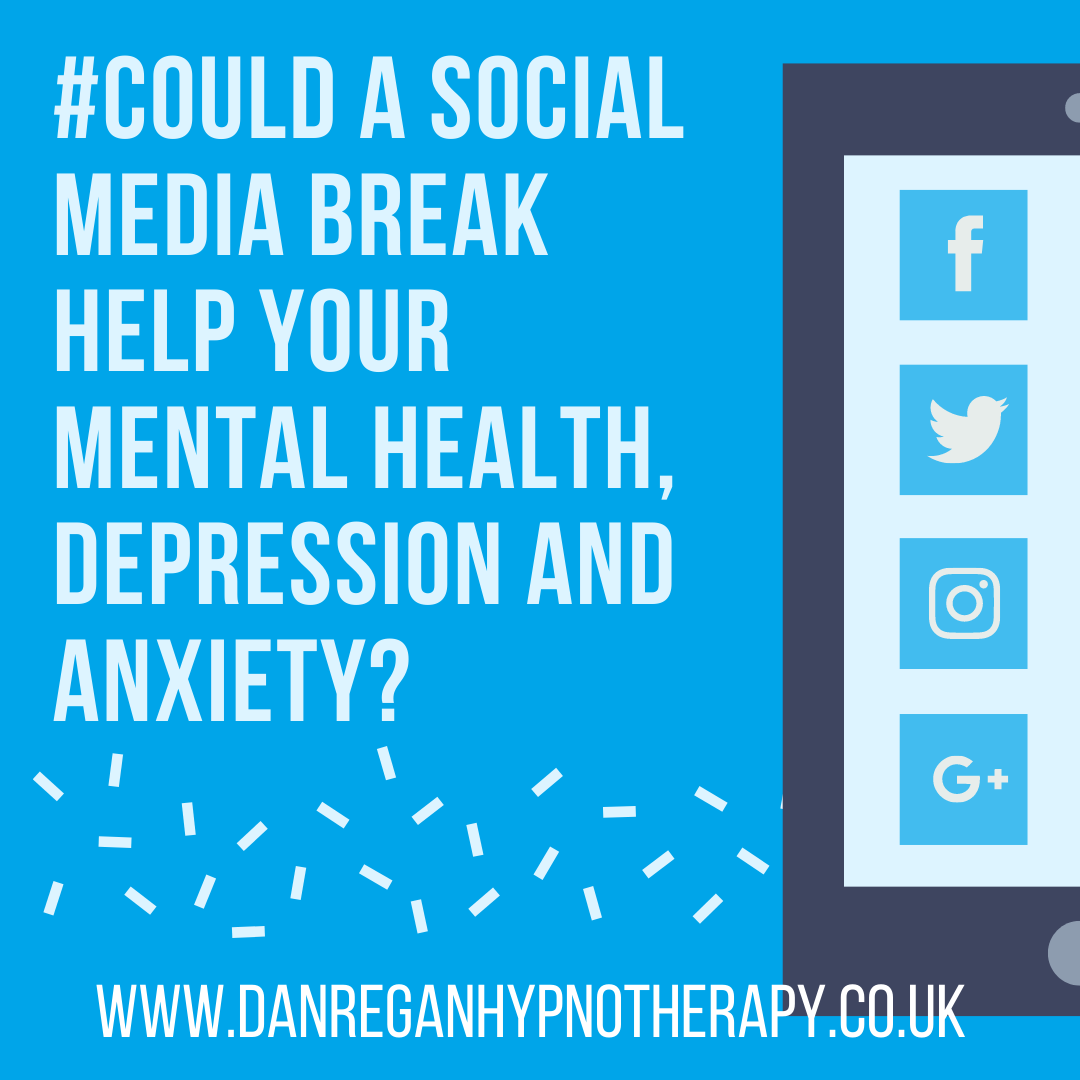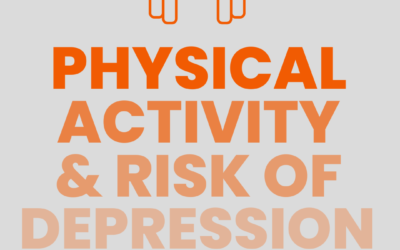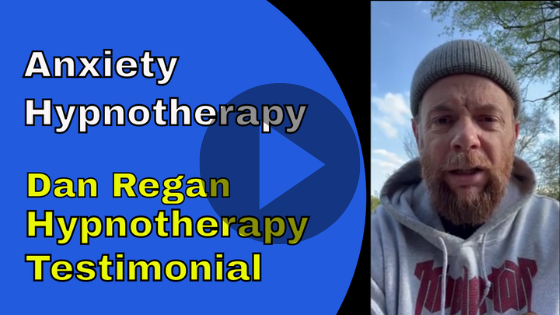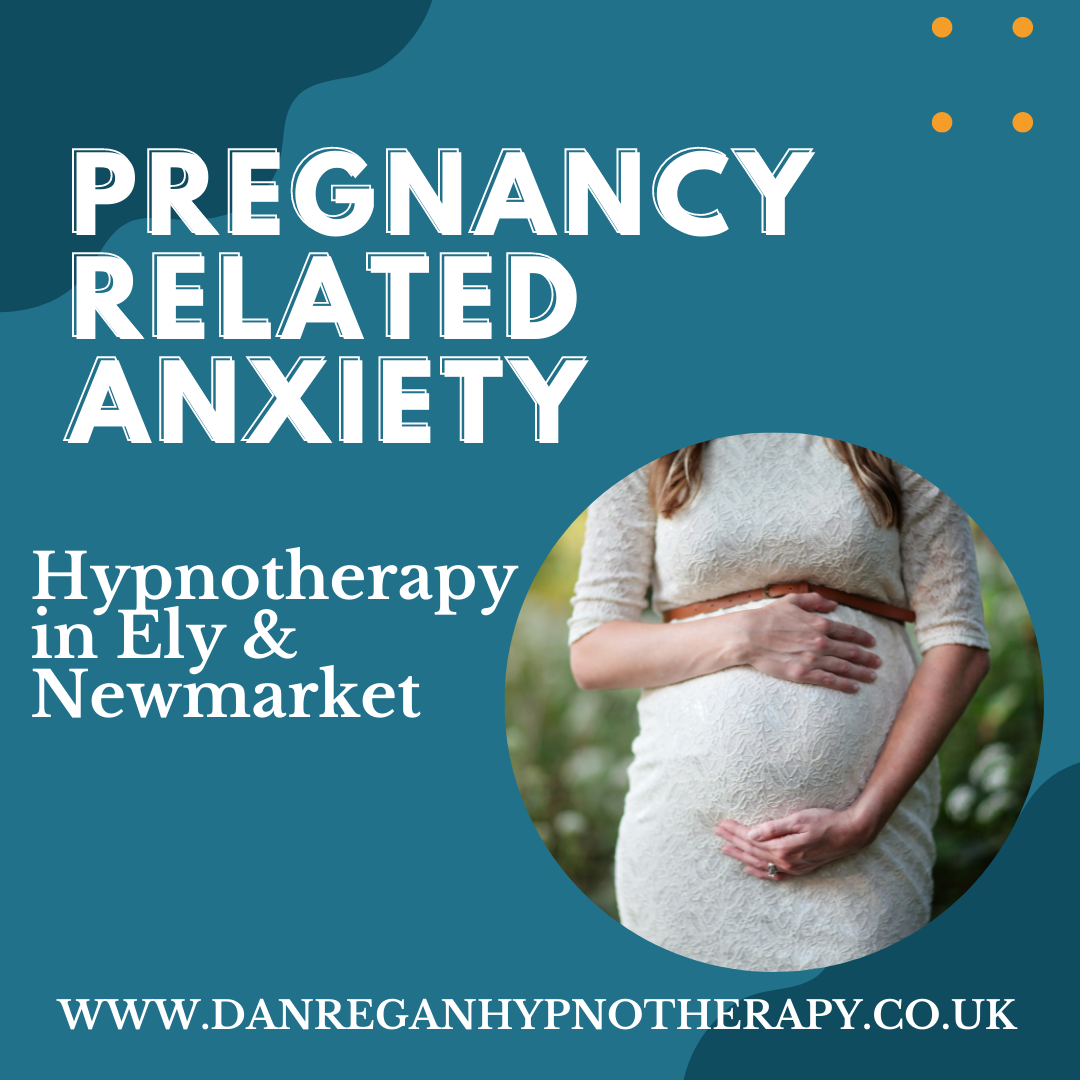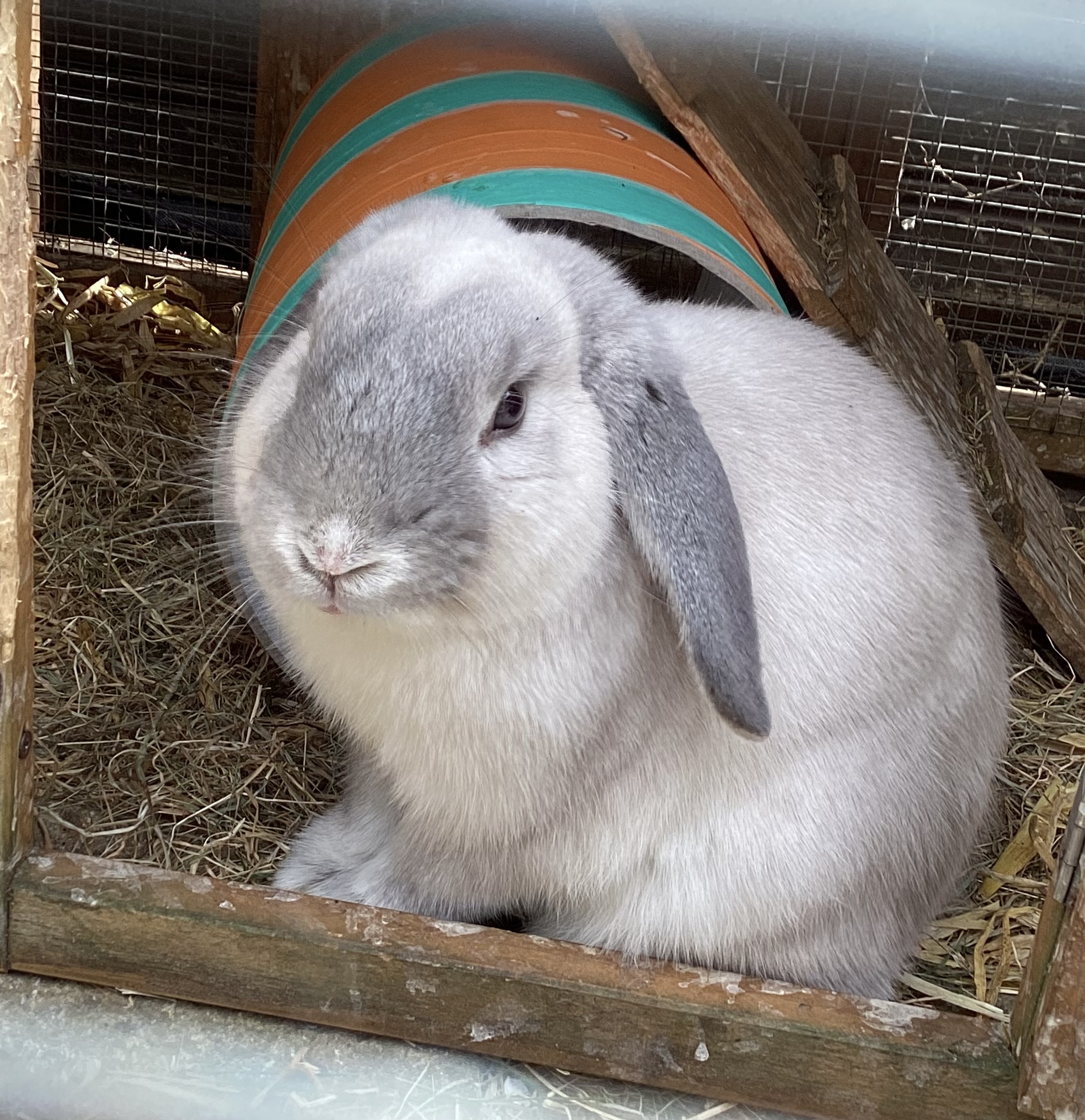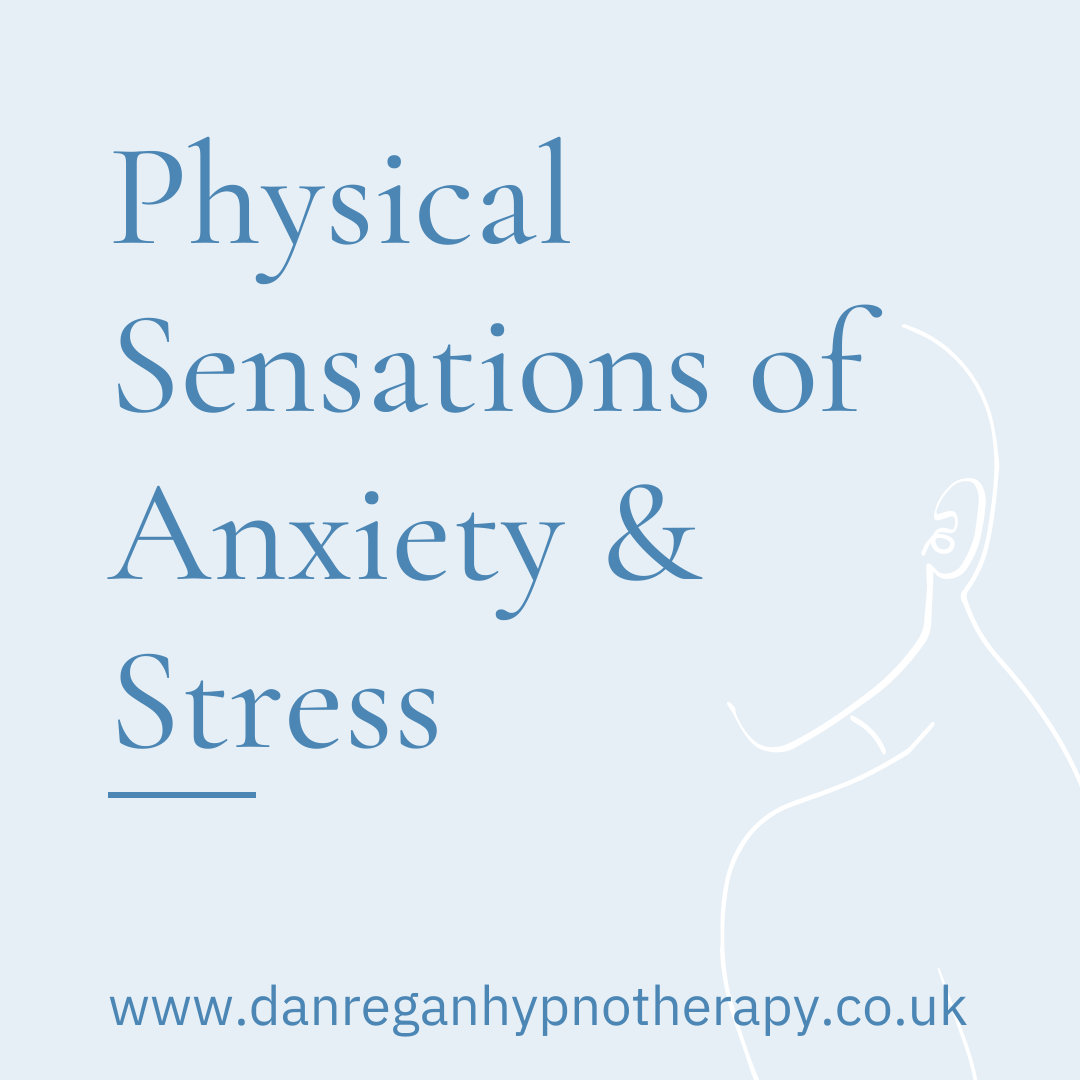Required
Health Anxiety and Online Health Information Seeking – Hypnotherapy in Ely & Newmarket
Health Anxiety and Online Health Information Seeking – Hypnotherapy in Ely & Newmarket
Health anxiety has always been a common type of anxiety that I help people with. In these days where things like heart issues and cancer are likely to have affected someone you know, and where our media is full of warnings about symptoms and requests for donations from health charities describing their work, someone with health anxiety can find that their worries and fears are never far from the forefront of their mind.
People with health anxiety describe to me how any physical symptom can start an anxious spiral that takes over and leads to excessive anxiety and worry about their health, along with fears about the impacts that would be there if they couldn’t work or needed care, or about how their family and others would cope if they died. That health anxiety can attach to any ache or pain, can be fired off by hearing of someone else’s health condition, or can be a sense of fear of dread about what if something was to happen.
And, of course, the physical symptoms you experience from health anxiety and worry can lead to heart palpitations, aches from being tense, a tight chest and other anxious symptoms. These physical sensations then in turn add more fuel to your anxiety as you worry that these are the signs of something being seriously wrong with you. That can then lead to you feeling even more anxious, experiencing even more anxious overthinking and feeling even worse.
The excessive worry from health anxiety can be about the likelihood of possibility of illness or a negative health issue, a heightened awareness and worry about bodily sensations and a sense of catastrophising that a physical sensation (even a normal bodily sensation) is something threatening and dangerous.
The pandemic with all of it’s warnings, uncertainty, fear and information (as well as mis-information) certainly exacerbated health anxiety for many people. Particularly in the early days when everything was unclear and there were pictures of hospital beds full of sick people and daily reports of high levels of illness and death. Now, of course, there can still be worry about covid and long covid, what could happen if you got ill and a worry about any physical symptoms you may notice. And alongside this, there are the ever present risks and dread of cancer, heart disease, heart attacks and so on that for someone with health anxiety can surface and be triggered by anything health related.
And these days, someone with health anxiety is likely to head over to the internet to search out information about what they are feeling and experiencing. Now the internet can be a fantastic resource for finding out about all sorts of things, yet, as anyone who has ever done it knows, relying on ‘Dr Google’ and trying to self diagnose online can easily become problematic and counter productive.

